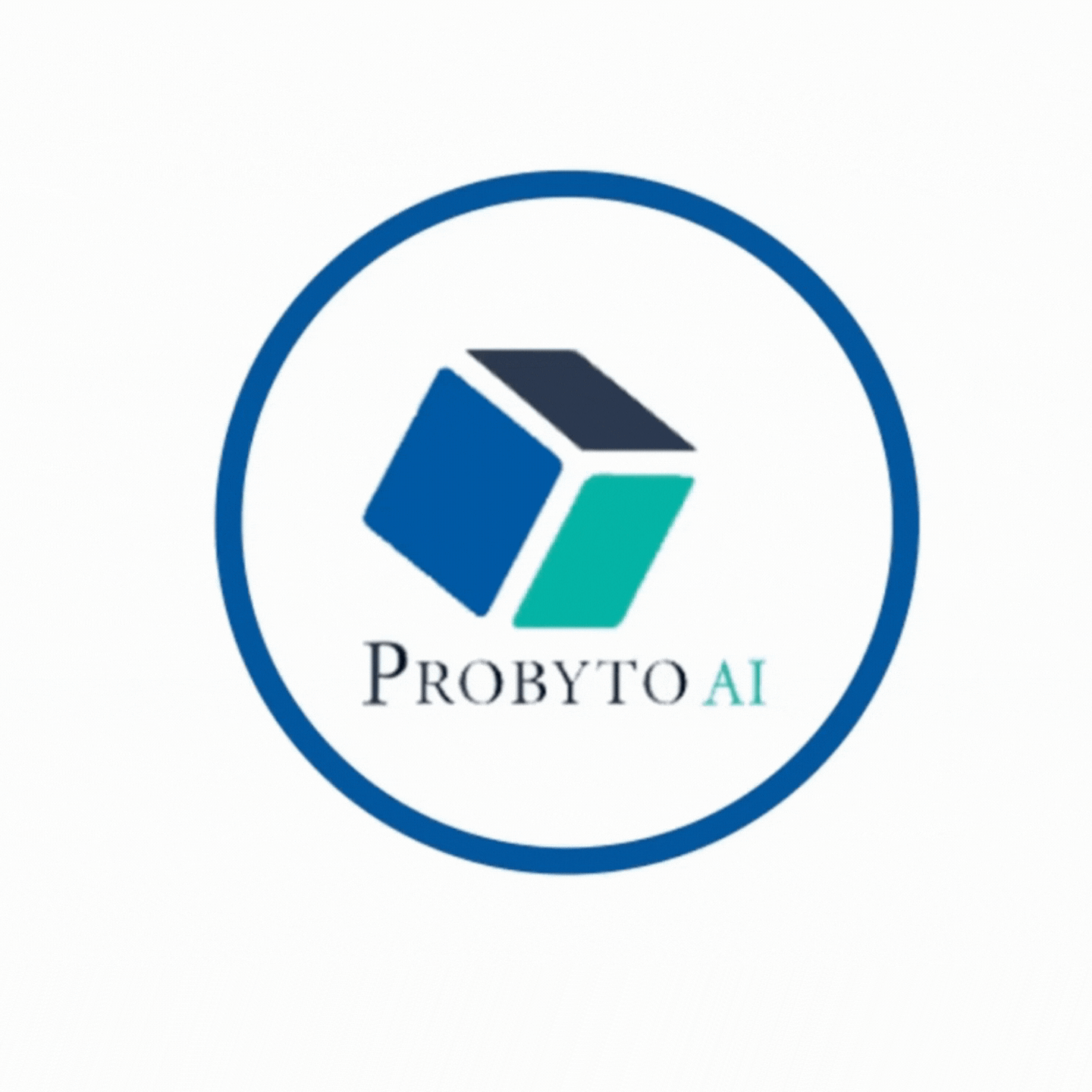Ongoing fast-paced digital world, businesses are generating large amounts of data every second. From customer transactions to supply chain operations, data is the backbone of every organization. However, raw data in its unstructured form is often overwhelming and difficult to harness timely and effectively. This is where data consolidation comes into play—turning scattered, disconnected information into a structured, meaningful asset that drives business success.
Imagine running a retail business where sales data is stored in one system, customer preferences in another, and supply chain logistics in yet another. Without proper integration, drawing meaningful insights becomes nearly impossible. Now, imagine having a streamlined mechanism, where all your business data is seamlessly connected, analyzed, and visualized—allowing you to make informed, real-time decisions with confidence. This is the future of data-driven business operations, and in the domain of consolidation ProbytoAI enables for organizations across industries.

The Core Pillars of Smart Data Management
- At the heart of data-driven transformation are key processes that ensure businesses can leverage their data efficiently. These include:
1. Data Integration: A Unified Business View
Present businesses rely on diverse data sources, from cloud databases and APIs to legacy systems and IoT devices. Data integration ensures that these fragmented sources are brought together, providing a unified and structured format for easier access and decision-making.
Benefits:
- Eliminates data silos and promotes a single source of truth.
- Improves operational efficiency by enabling seamless data sharing across departments.
- Enhances customer insights by linking sales, marketing, and service data into one comprehensive view.
2. Data Aggregation and Advanced Analytics
Once data is consolidated, businesses can leverage AI-driven analytics to extract valuable insights. Through machine learning algorithms and large datasets are analyzed to identify trends, correlations, and predictive patterns.
Opportunities:
- Businesses can anticipate customer needs, improving product and service offerings.
- Risk management becomes more efficient with predictive analytics highlighting potential issues.
- AI-powered analytics can uncover hidden business opportunities, driving innovation from the data.
3. Data Warehousing: Storing Information Smartly
A well-structured data warehouse acts as a central repository for structured and unstructured data, making it easily accessible for reporting and analytics.
Improvements:
- Reduces data retrieval time, leading to faster decision-making.
- Ensures data consistency and security with well-defined access controls.
- Supports large-scale analytics without affecting on going operational databases.
4. AI-Driven Insights: Making Data Work for You
AI techniques allow businesses to derive deeper insights from large amounts of data. Predictive analytics, anomaly detection, and pattern recognition empower organizations to stay ahead of the competition.
Key Advantages:
- Detects fraudulent activities in real-time.
- Identifies operational inefficiencies and suggests improvements.
- Automates decision-making with AI-powered recommendations.
5. Data Visualization: Seeing is Understanding
Data is most powerful when it is easily understandable. Interactive dashboards and visual reports help businesses gain insights at a glance, making complex datasets more and fast accessible.
Enhancements:
- Simplifies data interpretation for executives and non-technical users.
- Helps track key performance indicators (KPIs) in real-time.
- Supports better storytelling with dynamic charts and reports.
6. Automation of Workflows
Automating data workflows, such as data cleaning, transformation, and merging enhances efficiency and accuracy. And also, provide the facility for archive the outcomes from the large data.
Transformations:
- Saves time by reducing repetitive manual tasks.
- Minimizes human errors in data processing.
- Enables real-time updates with automated data pipelines.
7. Data Quality Management: Ensuring Reliability
Poor data quality leads to incorrect insights and wrong business decisions. By implementing data validation, cleansing, and integrity checks, businesses can ensure their data remains accurate and reliable.
Value Additions:
- Reduces operational risks linked to wrong data.
- Enhances trust in data-driven decision-making.
- Improves regulatory compliance by maintaining high data standards.
8. Data Security and Privacy: Protecting What Matters
With increasing data breaches and regulatory requirements, data security is paramount. Companies must safeguard sensitive information while complying with global data privacy laws like General Data Protection Regulation (GDPR) and the Department of Public Policy and Administration (DPPA).
Security Benefits:
- Prevents unauthorized access to critical business data.
- Strengthens customer trust by ensuring data privacy.
- Helps avoid costly fines and legal issues associated with non-compliance.
9. Industry-Specific Data Solutions
Every industry has unique data challenges. By offering customized solutions, businesses can optimize their data strategies to align with industry-specific requirements.
Industry Use Cases:
- Finance: Fraud detection and risk assessment.
- Healthcare: Patient data management and predictive diagnostics.
- Retail: Personalized marketing and inventory optimization.
- Manufacturing: Supply chain analytics and process automation.
10. Data-Driven Decision-Making Tools
Real-time decision-making is crucial in present fast-paced business environment. AI-powered tools process consolidated data to provide actionable insights instantly.
Strategic Impact:
- Enables proactive decision-making based on real-time data.
- Enhances flexibility in responding to market changes.
- Provides competitive advantage by leveraging AI-driven strategies.
Conclusion: The Future of Data-Driven Business
In present scenario where data is the new oil, businesses that master the art of data consolidation and analytics gain a significant edge over competitors. By integrating, analyzing, and securing their data, organizations can drive innovation, enhance efficiency, and unlock new revenue streams.
ProbytoAI is at the forefront of this transformation, helping businesses across industries navigate the complexities of data management with cutting-edge AI and machine learning solutions. Whether you are looking to unify your data, automate workflows, or gain AI-driven insights, our solutions empower you to make smarter, faster, and more informed decisions.
Are you ready to unlock the full potential of your data? Connect with ProbytoAI and take the first step towards a data-driven future today !


